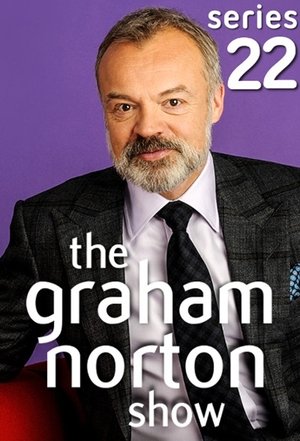
ROGER DALTREY ANTHOLOGY RAR FULL
Wikipedia says - "If became one of the most highly-acclaimed groups of the Seventies to never quite make the big time, despite good record sales and full venues." If were not unusual in that regard, as the same quote could be applied to many early seventies bands. Referred to by Billboard as "unquestionably the best of the so-called jazz-rock bands", and once complimented by the late jazz great Miles Davis.

© Jim Newsom © 2014 AllMusic, a division of All Media Network, LLC.

Drummer Dennis Elliott was later a member of the platinum-selling rock band Foreigner. Morrissey soldiered on with the If name for two more albums with a totally different lineup and a more generic rock-type sound, but these, too, went nowhere. The original incarnation of If produced five excellent albums between 19, but these albums failed to find an audience. Smith's trebly guitar sound was also unique, combining a rocker's use of sustain with the jazz fluency of Wes Montgomery and Django Reinhardt. Hodgkinson's vocal timbre was unusual - smooth, flexible, and strong in the high end, sounding like no other vocalist. Hodgkinson and the guitar of Terry Smith. But what really gave If its unique sound were the vocals of J.W. Unlike most of their horn-band contemporaries, If had no brass players in the band, relying solely on the saxophones of Dick Morrissey and the flute and saxophones of Dave Quincy. However, If produced several albums noteworthy for placing jazz players in a pop/rock band context and producing a true fusion of the two genres without diluting the players' improvisational skills. Formed in 1969 by Melody Maker jazz poll winners Dave Quincy, Dick Morrissey, and Terry Smith, the band never found popular success in the United States. If was Great Britain's contribution to the jazz-rock movement begun and popularized in the late '60s/early '70s by Blood, Sweat & Tears and Chicago. If - What Did I Say About The Box Jack ( Anthology 1970 - 1972 ) - 2008 - Repertoire


 0 kommentar(er)
0 kommentar(er)
